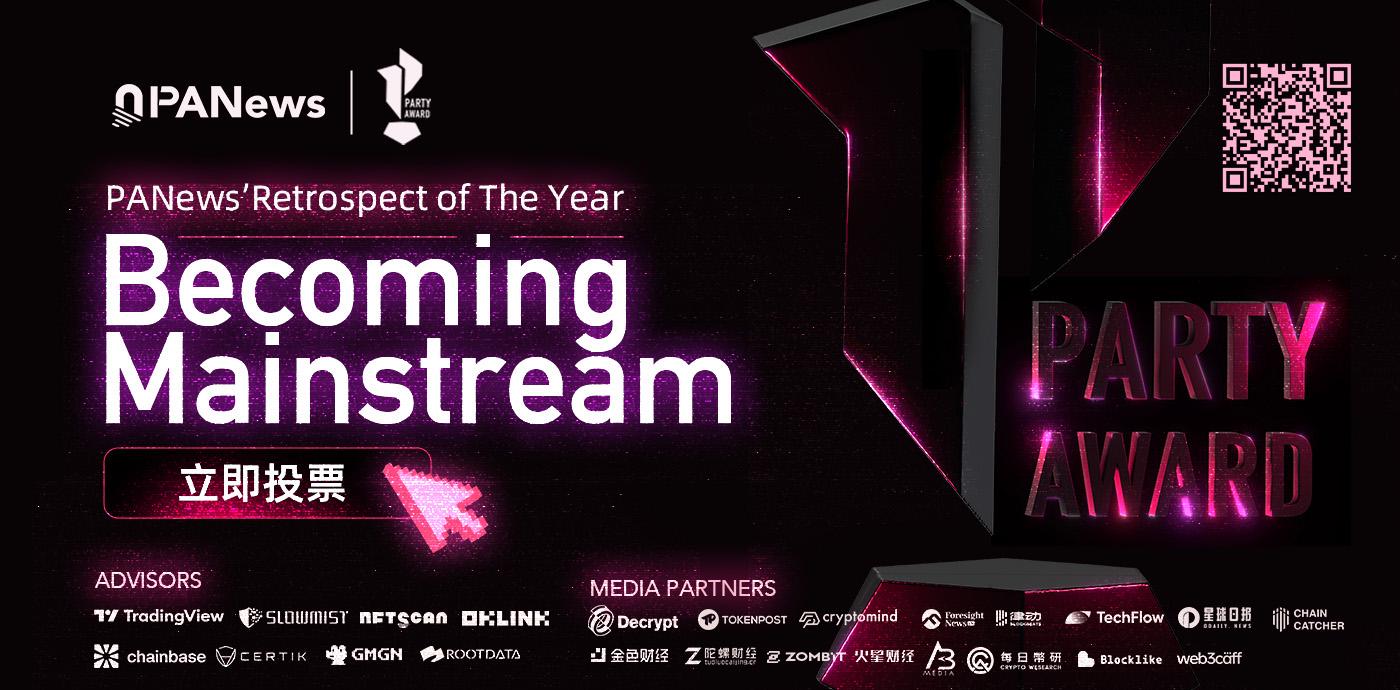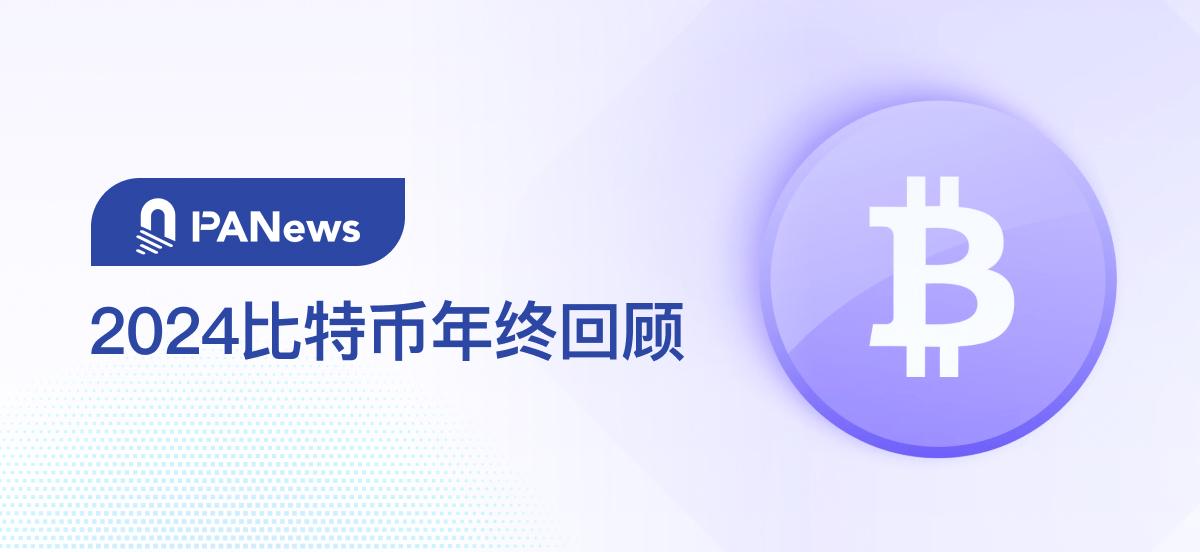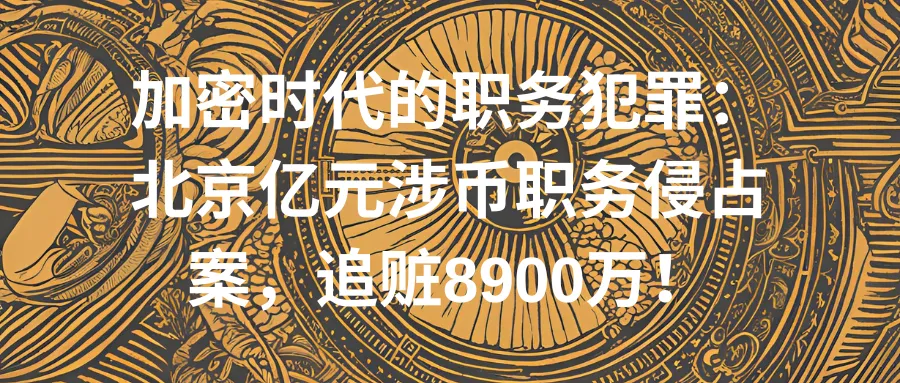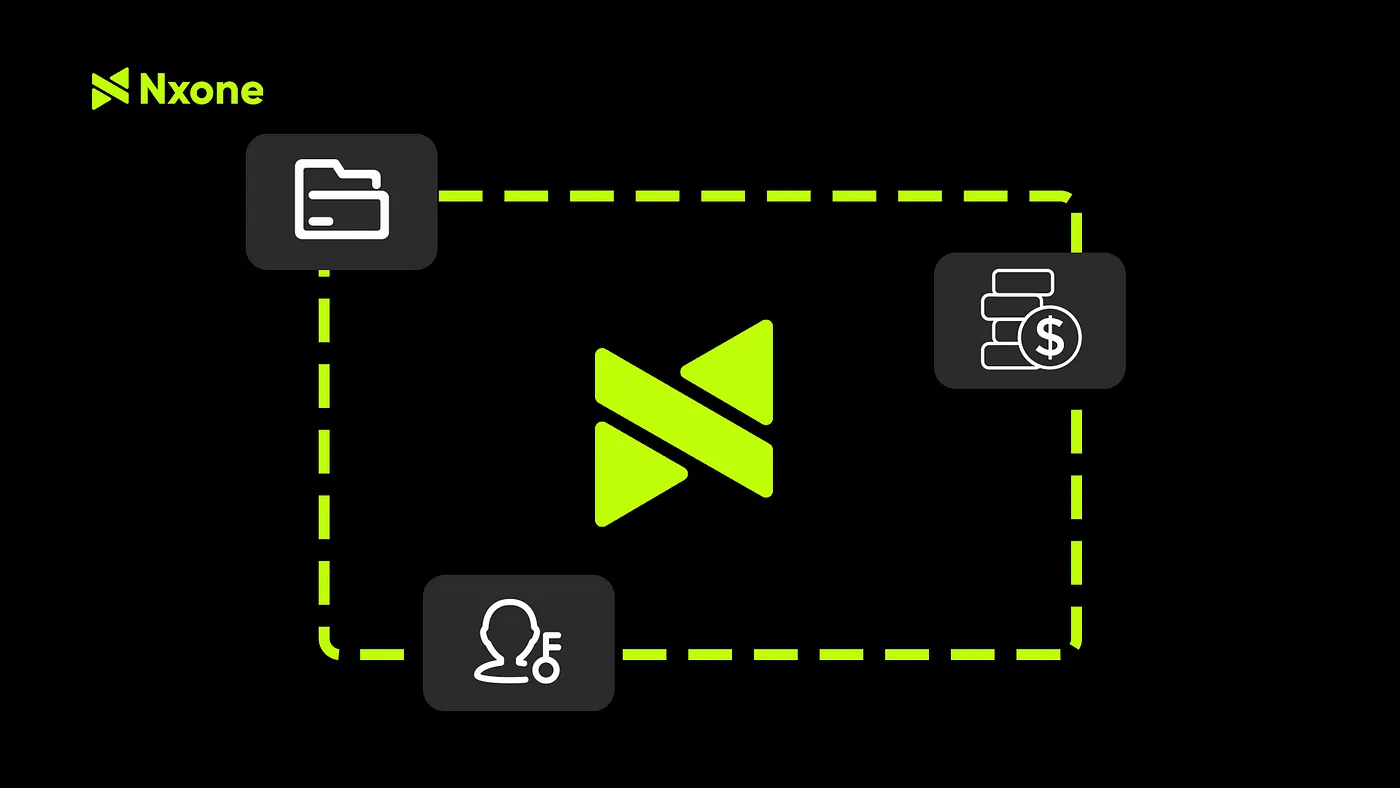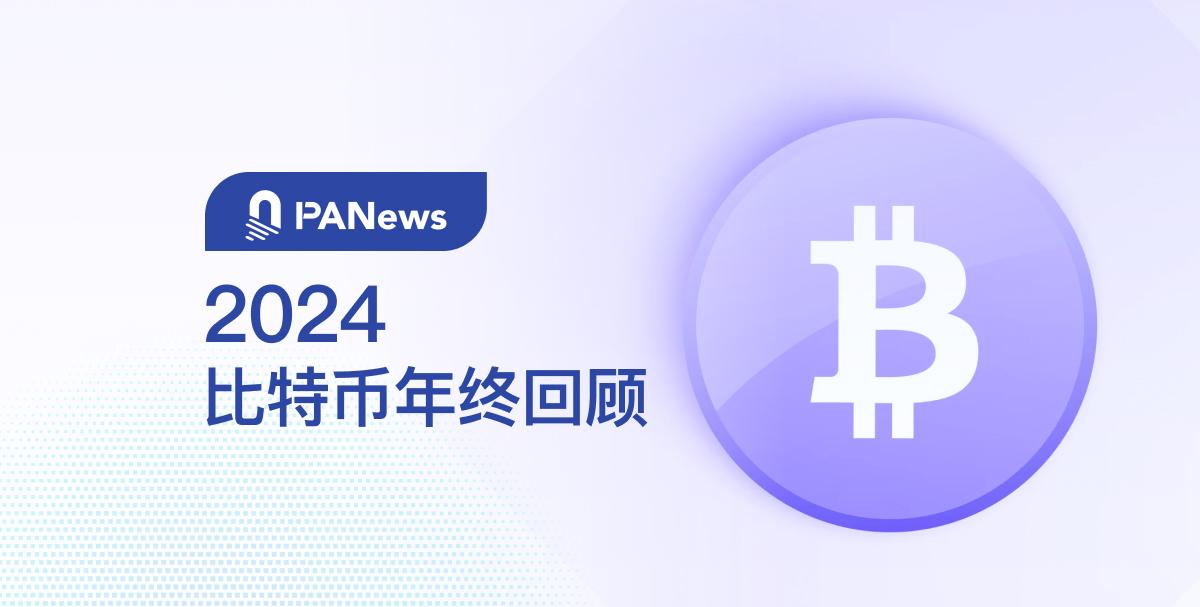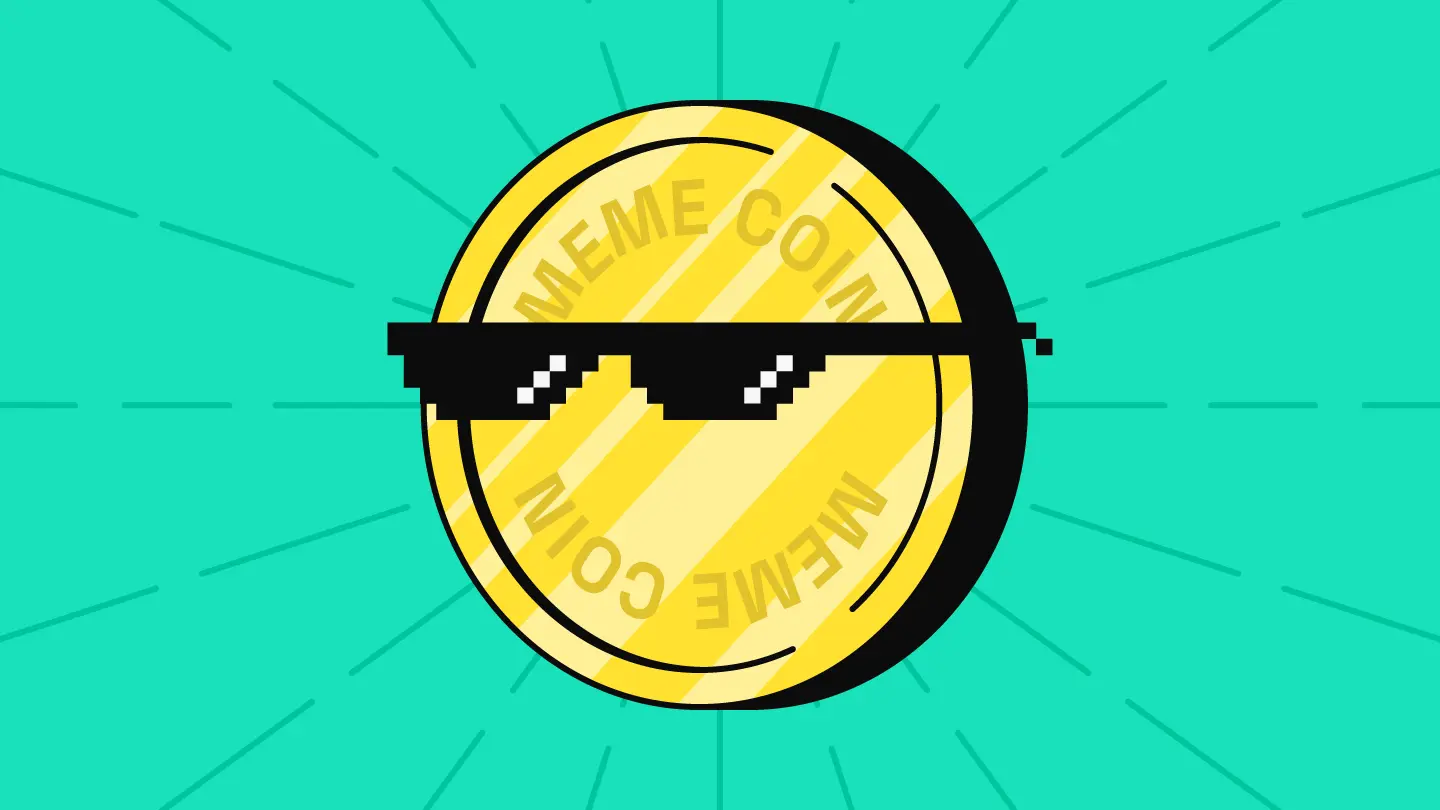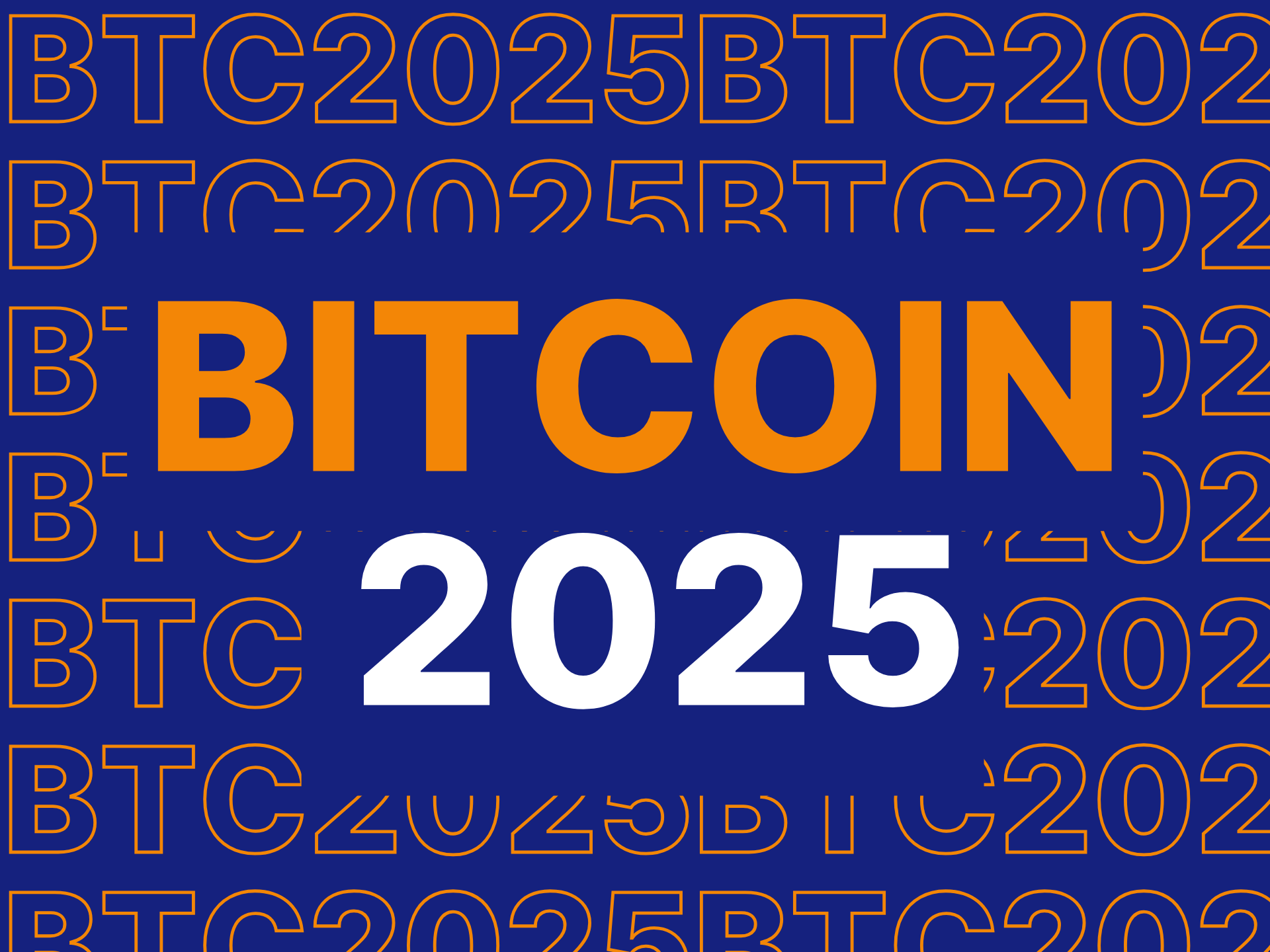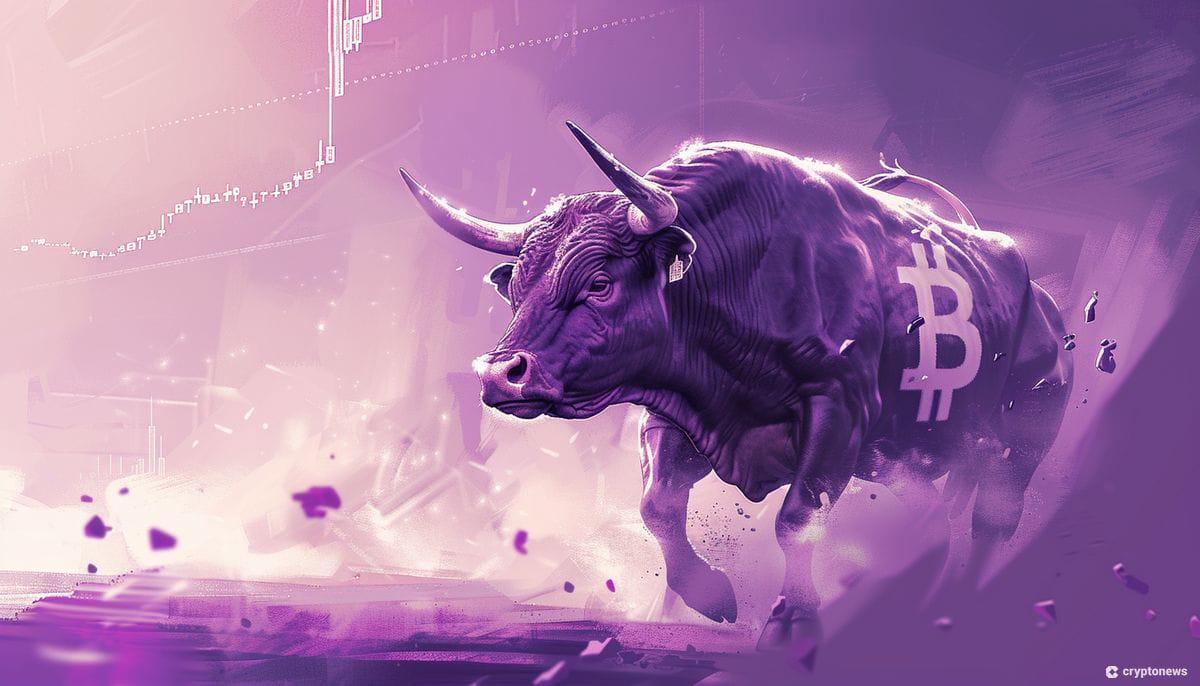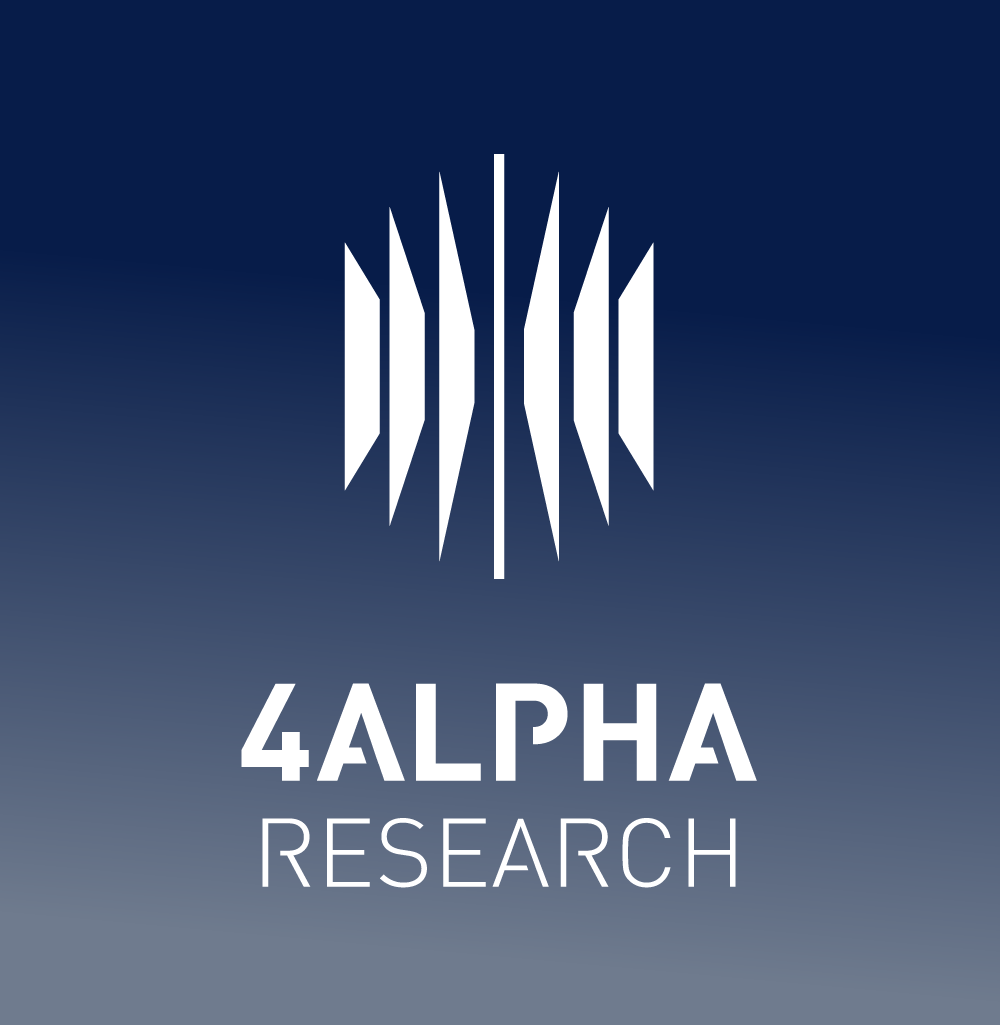-
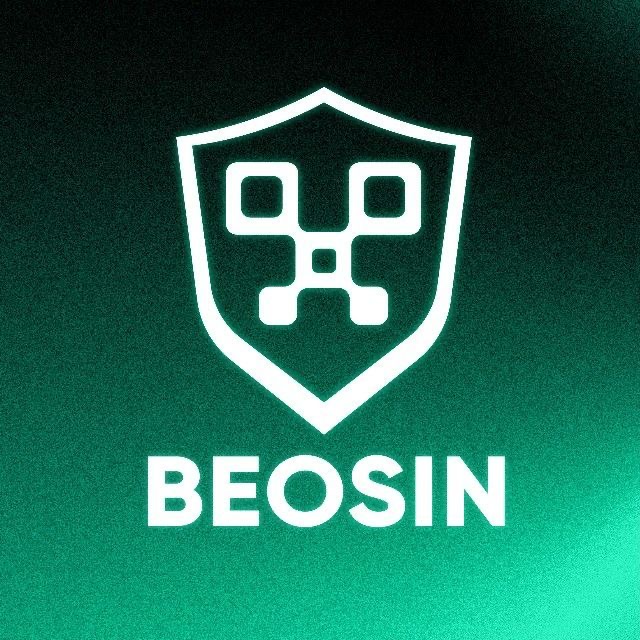 Beosin · 4 小时前
盘点2024年度Web3最具影响力的十大攻击事件
Beosin · 4 小时前
盘点2024年度Web3最具影响力的十大攻击事件2024年的安全攻击事件频发再次提醒我们,区块链行业的发展离不开安全的护航。
-
 白话区块链 · 5 小时前
特朗普家族加密项目及其链上配置的资产透露了哪些投资趋势?
白话区块链 · 5 小时前
特朗普家族加密项目及其链上配置的资产透露了哪些投资趋势?近期与特朗普家族关系密切的World Liberty Financial(以下简称WLFI)频频购入ETH、LINK、AAVE、ENA等,引发市场的跟风热潮,成为加密投资市场一个不可忽视的风向标。
-
 PA一线 · 5 小时前
以色列将于12月31日推出六只比特币共同基金
PA一线 · 5 小时前
以色列将于12月31日推出六只比特币共同基金以色列证券管理局(ISA)批准六只追踪比特币价格的共同基金,这些基金由Migdal Capital Markets、More、Ayalon、Phoenix Investment、Meitav和IBI等机构推出。基金管理费从0.25%至1.5%不等,其中一只基金为主动管理型,目标是超越比特币表现。起初,这些基金每日仅交易一次,但未来或可实现连续交易。
-
 肖飒lawyer · 6 小时前
加密时代的职务犯罪:北京亿元涉币职务侵占案,追赃8900万
肖飒lawyer · 6 小时前
加密时代的职务犯罪:北京亿元涉币职务侵占案,追赃8900万今天,飒姐团队就以近期出现/侦破的案件为例,跟大家聊一聊,加密时代中的这些涉币职务犯罪实例所透露的一些关键信息。
 PA一线 · 7 小时前
土耳其反洗钱新规要求单笔超425美元的加密交易需KYC
PA一线 · 7 小时前
土耳其反洗钱新规要求单笔超425美元的加密交易需KYC土耳其今日发布了新的加密货币反洗钱(AML)法规,单笔交易金额超过1.5万土耳其里拉(约425美元)的用户,需向加密服务商提供身份信息。该法规将于2025年2月25日正式生效。
-
 PA一线 · 7 小时前
Balaji畅想人工智能物联网,Vitalik提醒私钥所有权需努力争取
PA一线 · 7 小时前
Balaji畅想人工智能物联网,Vitalik提醒私钥所有权需努力争取前Coinbase首席技术官Balaji发推称,未来将实现智能汽车、智能手表及智能家居的广泛应用,每个物体不仅能与人交流,还能相互通信,记录对话并为其持有私钥的主人协调任务。他将这一趋势称为“人工智能物联网”。对此,Vitalik Buterin回应强调,确保设备所有权归属私钥持有者并非默认结果,需要人为努力推动实现。
-
 区块链骑士 · 7 小时前
MV Global报告:DeSci有望在2025年借助MEME迎来爆发式增长
区块链骑士 · 7 小时前
MV Global报告:DeSci有望在2025年借助MEME迎来爆发式增长MV Global预计,Pump.Science将在2025年实现大幅扩容,预计到年底至少有10个项目的市值将超过1亿美元。
-
 PA日报 · 8 小时前
PA日报 | UXLINK交易量在Upbit和Bithumb上均排名第一;30个新钱包5天内从币安提取137万枚LINK
PA日报 · 8 小时前
PA日报 | UXLINK交易量在Upbit和Bithumb上均排名第一;30个新钱包5天内从币安提取137万枚LINKMicroStrategy股票今年上涨402%,Core Scientific上涨307%;某匿名用户10天前曾在Babylon上质押1万枚BTC;VitaDAO拟分发690万枚BIO给VITA和VitaDAO IPT持有者。
-
 链上观 · 8 小时前
GoPlus发币,“链上360”要诞生了吗?
链上观 · 8 小时前
GoPlus发币,“链上360”要诞生了吗?Goplus没有走成熟的To B业务路线,差异化选定了To C产品化推进逻辑,用“链上360”的定位来破局安全公司一直出于幕后的尴尬定位,让安全变被动为主动,更加普惠化。
-
 Yuliya · 8 小时前
AI玩出新高度?一文了解雇佣首个AI代理的L1区块链Story Protocol
Yuliya · 8 小时前
AI玩出新高度?一文了解雇佣首个AI代理的L1区块链Story Protocol一张图带你了解Story Protocol如何保护你的创作?
- 加密流通市值(7d)$3,417,196,630,158Market Cap恐惧贪婪指数(近30天)
 Nancy · 9 小时前
Phala Network与ai16z玩起AI实验:AI自我繁衍和预售,aiPool和Spore.fun带动新玩法
Nancy · 9 小时前
Phala Network与ai16z玩起AI实验:AI自我繁衍和预售,aiPool和Spore.fun带动新玩法获ai16z创始人Shaw力挺的aiPool与备受市场关注的Spore.fun均是利用Phala Network的TEE技术实现发币,这让上轮牛市中波卡生态活跃项目再次引得社区关注。
-
 Frank · 9 小时前
Binance Labs再押注稳定币,Usual能否成为下一个“爆款”?
Frank · 9 小时前
Binance Labs再押注稳定币,Usual能否成为下一个“爆款”?本文PANews将结合其底层运行逻辑、收益分配设计等角度,探讨Usual的核心潜力与风险。
-
 Nxone · 9 小时前
盘点新一轮牛市中四大热门赛道中的潜力项目
Nxone · 9 小时前
盘点新一轮牛市中四大热门赛道中的潜力项目在当前加密市场的牛市环境下,DeFi、AI、Meme发射、AI与游戏等赛道展现出独特的优势和巨大的发展潜力。
-
 Foresight News · 10 小时前
2025年值得关注的30个空投项目
Foresight News · 10 小时前
2025年值得关注的30个空投项目本文精心梳理了 极具潜力的 30 个项目,帮助你找到新的空投机会。
-
 Carol · 11 小时前
2024比特币年终回顾:币价上涨131%不及去年,TVL激增21倍超67亿美元
Carol · 11 小时前
2024比特币年终回顾:币价上涨131%不及去年,TVL激增21倍超67亿美元“ETF获批”“减半”“美国大选”这三个关键词推动了比特币全年的市场变化,在这一总体图景的背后,比特币在交易市场、链上基本面和应用层面上有哪些值得关注的具体变化?这些变化对2025年的发展有着怎样的潜在影响?
-
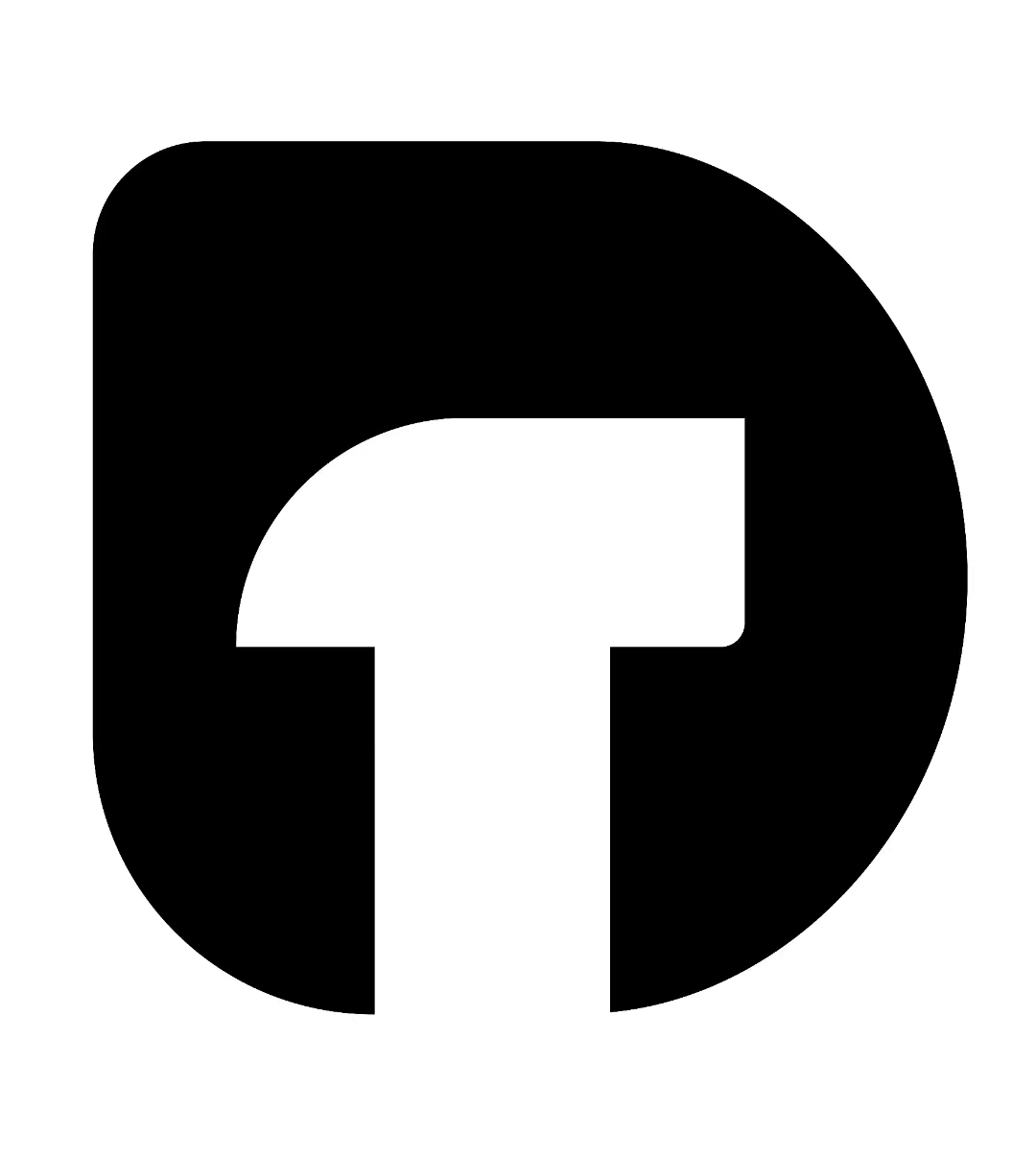 TaxDAO · 11 小时前
Meme币暴富梦背后:1400亿美元市场中的致命税务陷阱
TaxDAO · 11 小时前
Meme币暴富梦背后:1400亿美元市场中的致命税务陷阱本期,FinTax将回看Oyster案与Bitqyck案,以这两起与ICO相关的逃税案件为例,为加密投资者们在meme币热潮中提供有关税务合规的冷思考。
-
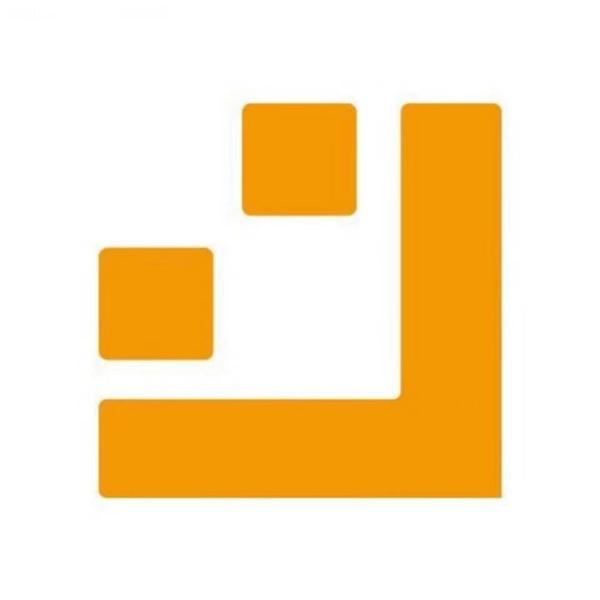 金色财经 · 12 小时前
DeFi复兴,BTCFi Summer还远吗?
金色财经 · 12 小时前
DeFi复兴,BTCFi Summer还远吗?随着DeFi的复兴,我们或许能够看到BTCFi的与现实金融的联结变得更加紧密,如稳定币在BTCFi 生态中的应用将不断扩大,这将为跨境支付和国际贸易提供更高效、低成本的解决方案。
-
 比推BitPush · 13 小时前
福布斯2025年加密7大预测:更多大国布局比特币储备,加密总市值超8万亿美元
比推BitPush · 13 小时前
福布斯2025年加密7大预测:更多大国布局比特币储备,加密总市值超8万亿美元随着行业将重点转向 2025 年,以下是对明年可能发生的重大事件的七大预测。
-
 交易时刻 · 14 小时前
OSL交易时刻:加密货币呈现波动趋势,市场期待"圣诞老人反弹"
交易时刻 · 14 小时前
OSL交易时刻:加密货币呈现波动趋势,市场期待"圣诞老人反弹"每日行情重点数据回顾和趋势分析,由PANews与OSL联合出品。
-
 Techub News · 14 小时前
一文盘点2025年七大DeFi质押平台:如何最大化收益?
Techub News · 14 小时前
一文盘点2025年七大DeFi质押平台:如何最大化收益?本文探讨了一些在 2025 年可能会备受瞩目的顶级平台,包括 Lido Finance、Pendle Finance、EigenLayer、Ether.fi、Ethena、Jito 以及 Babylon。
更多内容 Dec . 26
Dec.26
